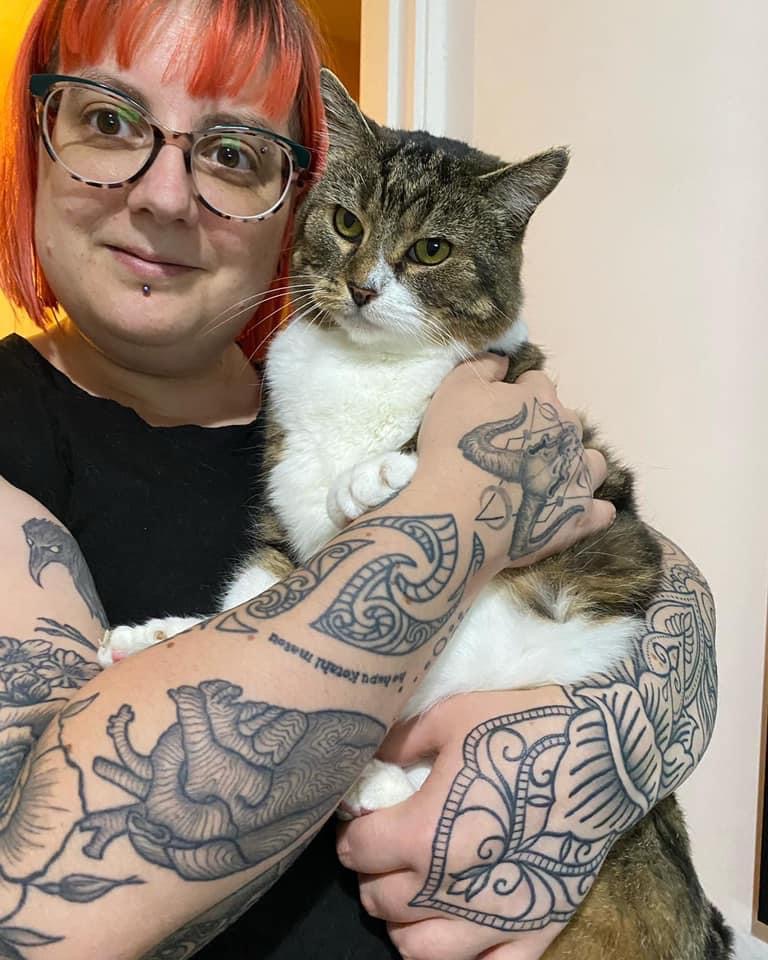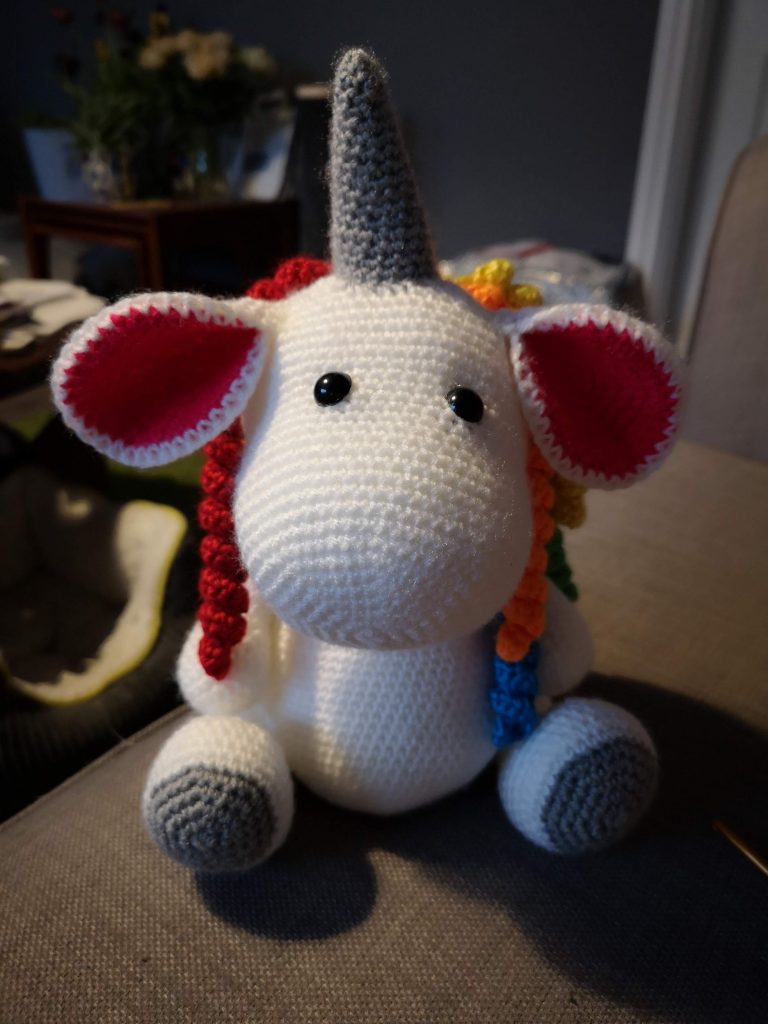This year’s Mental Health Awareness Week is from 15 to 21 May and highlights anxiety – one of today’s most prevalent mental health challenges.
We spoke to Corinne Radford, Senior Customer Service Advisor in Severn Trent Services, a long-standing anxiety sufferer.
Corinne shares her personal perspective on anxiety and urges others to share their experiences too.
What anxiety feels like
The NHS defines anxiety as a feeling of unease, such as worry or fear, that can be mild or severe. In some cases, this can affect you physically. For example, you may notice that your heart frequently races faster. Or it can affect you mentally. For example, you might be regularly distracted by obsessive thoughts.
Corinne describes it as a constant sense of existential dread – this time round triggered by the loss of a feline family member of seven years, Niko.
She says: “It feels like I’ve gone swimming, but I’ve swum too far out into deep water. The sense of dread that comes from being unable to reach the bottom with my feet is what anxiety feels like to me.”
Corinne adds, “When you’re experiencing that feeling, it’s all-encompassing. It’s very difficult to think about or accomplish anything else. Everyday jobs suddenly seem overwhelming.”
While anxiety is something everybody feels at some point in their lives, Corinne believes that when it hinders your ability to do everyday tasks, you should seek help.
Coping mechanisms at home and work for dealing with anxiety
Corinne’s a big advocate of self-care. She’s taken up crochet to focus her mind on something she enjoys, and she’s invested in a personal trainer to help overcome the physical symptoms of anxiety.
At work, Corinne feels like she’s been fully supported by her colleagues in Severn Trent Services – who managed a phased return to work after being signed off by her doctor – and arranged for her to have counselling sessions.
Corinne adds: “My anxiety is triggered when I take on too much work – which I tend to do. The symptoms can sometimes cause me to be irritable with my colleagues, and eventually, I’ll retreat from people altogether. To alleviate this, I have regular check-ins with my line manager, where I can be very honest about how I feel. I also know I can reach out to our mental health first aiders if I need to.”
Corinne has also embraced hybrid working, which allows her to adapt her work environment to meet her mental health needs. This ensures that Corinne can keep working while dealing with anxiety, which she believes is better for her and her colleagues and customers.
She explains: “There are some days when I find it difficult to face people. Being a hybrid worker means I can be at home when I need to be and still achieve what I need to. Then, when I’m back in the office, I feel more energised and happier to be there.”
The difference between anxiety and depression
Anxiety and depression are both mental health disorders, but what’s the difference between the two? Having experienced both, Corinne gives us her explanation.
She says: “Imagine you’re on the motorway driving your car. When you’re in the throes of an anxiety attack, ordinary setbacks like missing a junction exit might induce your sense of panic. You might start to feel overwhelmed, nervous, sick, and become shaky.
“Whereas when you’re depressed, you might get overly focused on the things that have gone wrong on your journey. Small problems get blown up out of all proportion, and it’s the end of the world. Or perhaps you get irrationally angry and intolerant of other drivers on the road. Full-on road rage!
“This is obviously an over-simplified perspective, and I appreciate it’s different for everyone, but it’s important to recognise differences between anxiety and depression.”
Corinne’s top tips for managing anxiety
- Reach out, speak up, and encourage others to do the same
- If you’re a leader, share your anxiety stories to get your people talking about anxiety which helps remove the stigma surrounding it
- Invest in self-care that meets both your mental and physical health needs
- Familiarise yourself with online resources that could help. For example, Corinne uses the Mind website
- Remember, you’re not a failure for having anxiety. It’s a recognised mental health condition that many suffer from and needs treatment from time to time – just like a physical ailment might

Corinne and Niko
Corinne’s crochet









